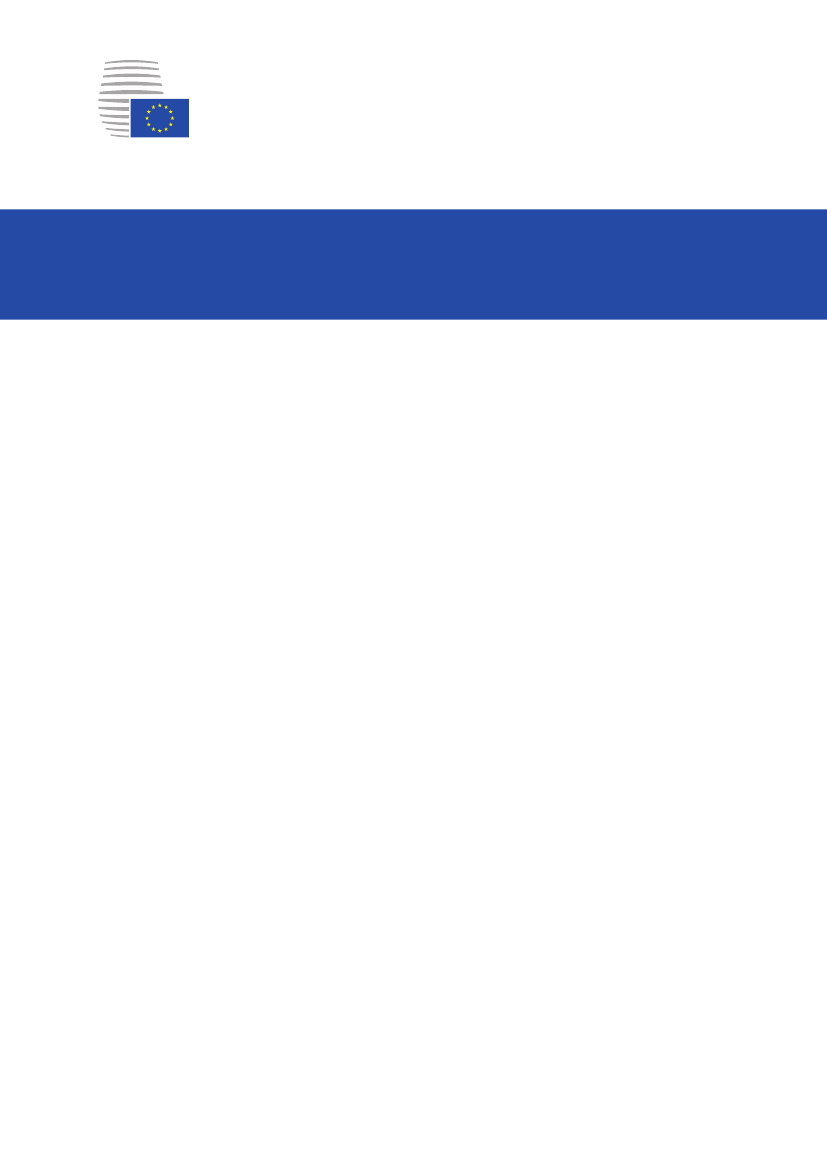
Euro Summit
Leaders’ Agenda
December 2017
Economic and Monetary Union
The upcoming Euro Summit will be very different from the previous ones. There is no crisis to be
managed. Today the euro-area economy is set to grow at its fastest pace in a decade. The total
number of jobs has climbed to a record high, with unemployment at its lowest level in eight years.
Government deficits have declined and the confidence in our economy is back. All this is due to the
many measures we have taken over the last ten years, both at the national and EU levels, to enhance
the competitiveness of our economies and strengthen the resilience of the euro area.
The improved economic situation provides an opportunity to discuss the challenges ahead and
the ways to tackle future crises,
bearing in mind that many potential risks are external and not
specific to Europe, including geopolitical tensions around the globe, increased protectionism, a
possible deceleration of the Chinese economy, an increase in risk aversion in financial markets with
a rise in global interest rates and abrupt corrections in exchange rates. It is in this context that we
should be reflecting about strengthening the Economic and Monetary Union (EMU).
A strategic question, therefore, is how to ensure that we, the Member States and the monetary union
as a whole, have the appropriate means to face potential shocks.
The December Euro Summit is the
first opportunity to address this question and should set the stage for leaders to take decisions
next year.
The Rome Declaration illustrates our strong commitment to working towards completing the EMU.
The Five Presidents’ Report from June 2015 contains a comprehensive set of reform proposals.
However, while there is consensus on the overall goal,
Member States differ in their assessment of
what needs to be done, as well as in the urgency they attach to this task.
In the absence of market
pressure, the collective political will to make further progress has weakened.
1
LEADERS’ AGENDA
|
EN
|
December 2017